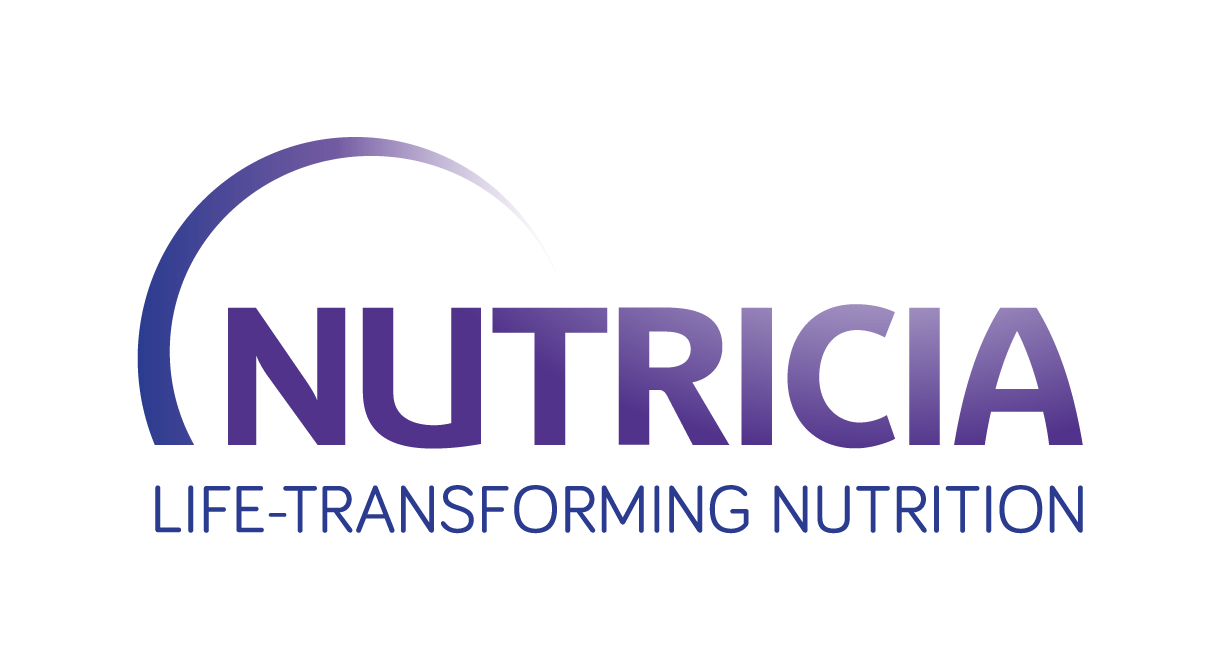Welcome to the healthcare professional pages of Pediatric disease related malnutrition (DRM), where you'll find more details on the topic, as well as relevant links to clinical guidelines, feature articles, including information about a new screening tool (Feeding Nutrition Screening Tool - FNST) that can help identify nutritional risk in children with cerebral palsy.
For many different reasons, some children don't grow at the rate they should do. Normal development in childhood is essential for wellbeing as we get older. Achieving normal development starts with nutrition.
Sometimes there is no known cause for faltering growth, and a child just needs extra nutritional support in early life in order to meet their nutritional needs. In other cases, childhood growth can be affected by a number of medical conditions.1,2 In these cases, a child may require medical nutrition to allow them to grow and develop normally. It can be challenging to ensure that children with faltering growth get all the nutrients they need, for example, if feeding and eating are difficult, or because they aren't able to absorb nutrients in the right amounts.
About medical nutrition
Normal growth for children starts with meeting their nutritional needs5,6
Appropriate growth starts with meeting children’s nutritional needs
There are a number of reasons why some children can have difficulties growing optimally, including the presence of an underlying disease or condition such as cerebral palsy, congenital heart disease (CHD), cystic fibrosis, liver disease or cancer. Poor growth can have a detrimental effect on both short and long-term health outcomes.
For example, infants and children with CHD who have low weight pre-surgery are known to have poorer surgical outcomes or even have their essential surgery delayed4-6. Whether disease-related or not, chronic poor weight gain during early life is associated with long-term consequences, including stunting and permanent alterations in brain growth and function, leading to cognitive and behavioral impairment7-10. Appropriate growth and development start with nutrition, however achieving adequate nutrient intake can be challenging in this population – providing appropriate nutritional management solutions tailored to the child’s needs is essential to support their growth and development.

Clinical Guidelines
Nutritional management of children with Cerebral Palsy
A third of children with cerebral palsy (CP) are undernourished11 which can have a negative effect on their health outcomes. Ensuring these children meet their required nutritional intake can be very challenging, especially for children with more complex needs12 and can put a burden on the quality of life of these families.
Access Expert Education at Nutricia Academy
- Mehta et al. JPEN 2013: 37(4):460-481.
- Beer et al. Nutr Clin Practice 2015;30:609-624.
- Hecht et at. Clin Nutr 2013:34:53-59
- Curzon et al 2008
- Kogon et al 2008
- Wallace et al 2011
- Chang et al 2016
- El-Sherif et al 2012
- Galler et al 2012
- https://www.who.int/nutrition Jan 2020
- Vitrikas K, Dalton H, Breish D. Am Fam Physician. 2020;101(4):213-20
- Clin Nutrition 2020
- Fung EB, Samson Fang L, Stallings VA, et al. J Am Diet Assoc 2002; 102: 361–73.
- Samson-Fang L, Fung E, Stallings VA, et al. J Pediatr 2002; 141: 637–43.
- Bell KL, Benfer KA, Ware RS, et al. Dev Med Child Neurol. 2019;61(10):1175-81.
Do you need support?
Contact our team for guidance on the use and composition of our product range, to get in touch with your local Nutricia representative.
We are available Monday to Friday 9am-5pm (except Philippine Holidays)

Important Notice
Breastfeeding is the best form of nutrition for infants and provides many benefits to babies and mothers. In preparation for and during breastfeeding, it is important to maintain a healthy and balanced diet. Combined breast and bottle-feeding in the first weeks of life may reduce the supply of breast milk, and reversing the decision not to breastfeed is difficult. The social and financial implications of not breastfeeding should be considered. All preparation and feeding instructions must be carefully followed, as improper preparation could pose in health risks to the baby. Always consult a healthcare professional for advice on infant feeding and use the products under medical supervision after considering all feeding options.
You are about to leave Nutricia Export B.V. (“Nutricia”)’s landing page and access the third-party website.
Before you proceed, we want to inform you of the following:
1. The third-party website you are entering is not operated or controlled by Nutricia.
2. Nutricia is not responsible for the content, services, or products offered on the third-party
website.
3. Any transactions or interactions you have on the third-party website are solely between you and the third party.


_1200x628-1?ts=1708927902712&dpr=off)



